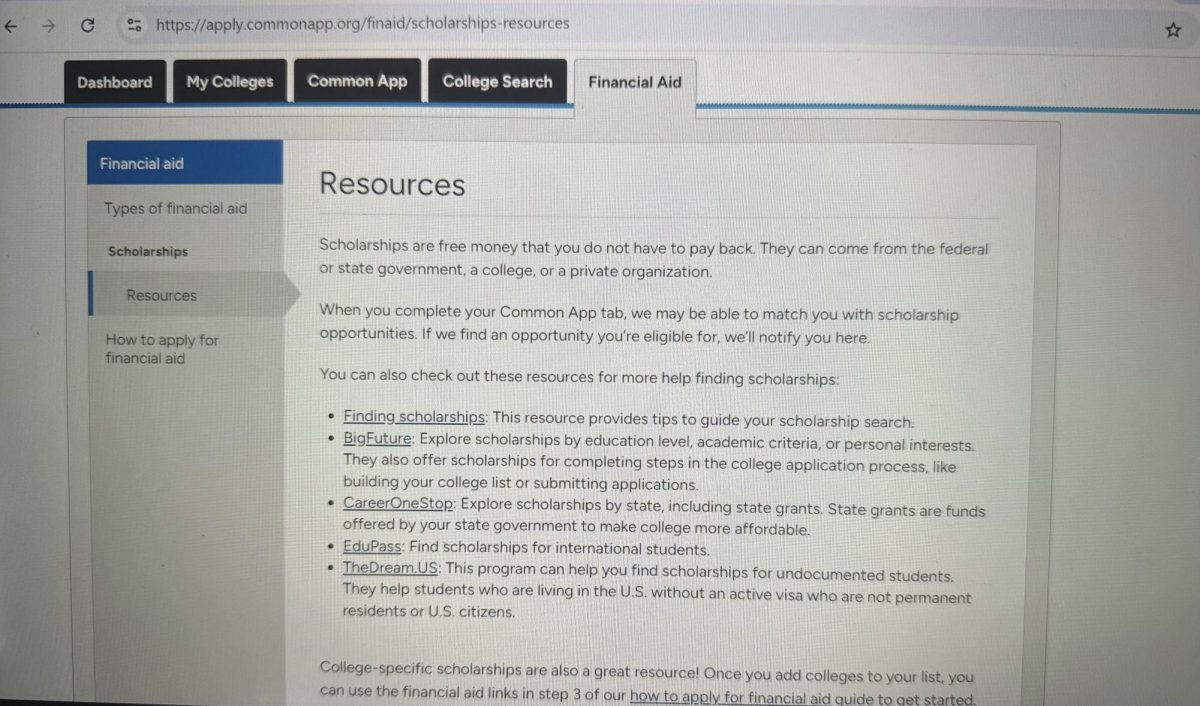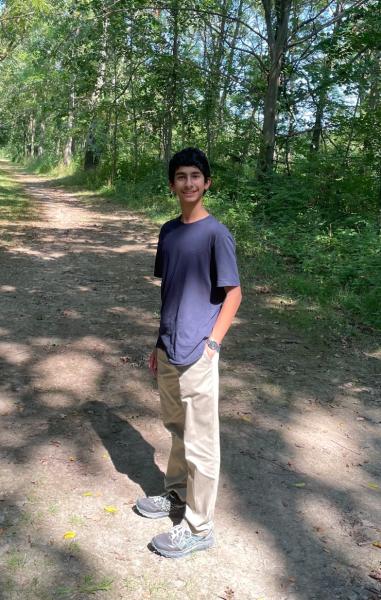Common App expanded their partnership with Scholarship America by adding a new scholarship matching feature this year. As a result, student engagement grew rapidly.
Several factors make it difficult for minorities to receive financial aid. For instance, because the general costs of college have increased, students rely on loans more than ever. However, a large proportion of minority students come from low-income families, so they are less likely to qualify for loans.
In addition, affirmative action in higher education admissions came under scrutiny last year. In June of 2023, Supreme Court justices ruled that the University of North Carolina and Harvard College violated the equal protection clause. Colleges can no longer use racial demographics as a factor in admissions. Rather, race can only be considered in its effect on an applicant’s lived experience of character.
Senior Alejandra Rodriguez Santiago of Hispanic heritage commented on the ruling. “This decision feels like a disadvantage towards minorities, as it is considered discrimination. Minorities will continue to feel underrepresented and undervalued. Most will resist to take a stand back towards affirmative action,” she said.
Common App recognized the challenge.
Last September, it launched Next Chapter in an effort to get 650,000 more low-income and middle-income students to create accounts and submit applications by 2030. So far, the organization has reached more than 70,000 racially underrepresented students – including African American, Latino and Indigenous peoples.
However, as Next Chapter expands, the number of individual private scholarships is declining. Most of these scholarships require separate applications, which can include additional information such as transcripts or financial statements. Senior Grant Jaques shared, “As somebody who doesn’t have a lot of free time in my schedule, I appreciate being able to apply through Common App in a way that saves me time.”
For racially underrepresented seniors, Next Chapter is a must-have resource. Nonetheless, some remain pessimistic on receiving aid money. Senior Muhammad Baig of Arabic descent stated, “It’s tough knowing there are resources out there but feeling like they’re just out of reach. Many of us are left wondering if we’ll ever get the help we need, which makes it hard to stay hopeful.”
Not only does Scholarships America support students at Pleasant Valley, but it also reaches throughout Iowa and beyond. Many underprivileged students attend schools in Iowa, often unnoticed by their peers. Areas like northern Des Moines are known for high poverty rates, but low-income students can also be found in wealthier communities like Polk City.
Common App shines a light on this ongoing issue and is taking action. As the number of minority applicants continues to increase, Next Chapter will give them a warm welcome. Students, especially those underrepresented, will no longer be hindered by economic backgrounds to attend prestigious universities.









